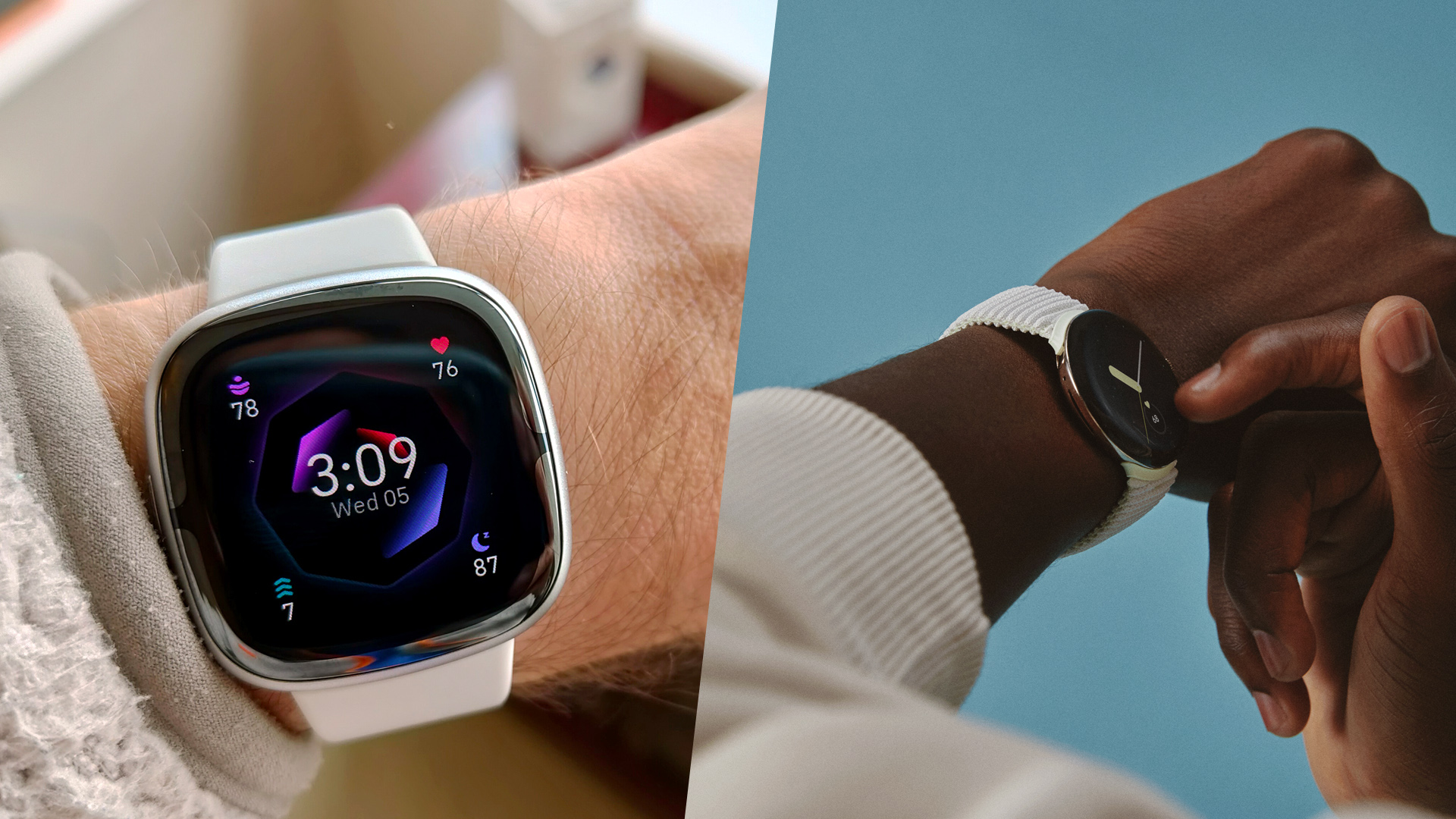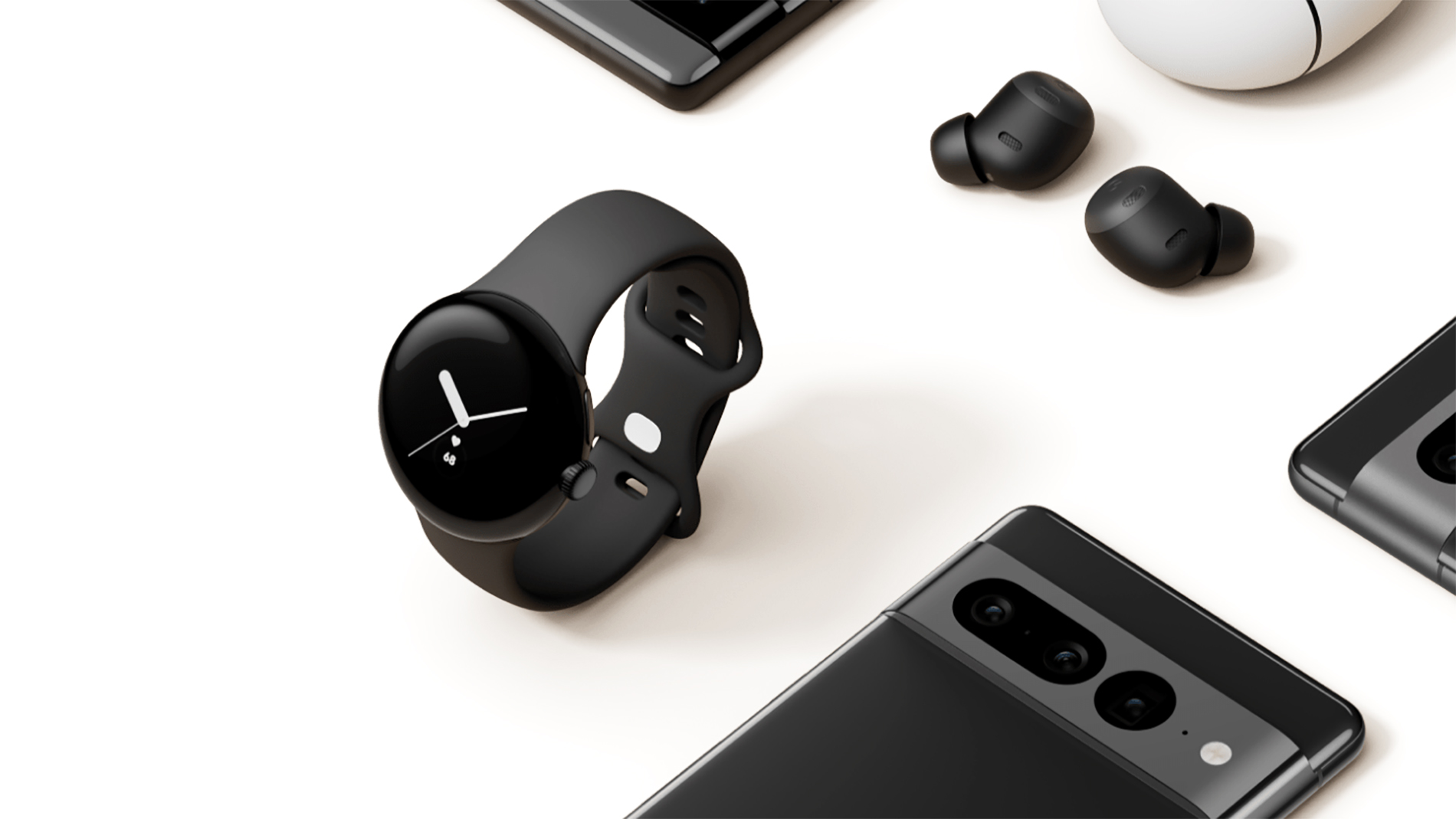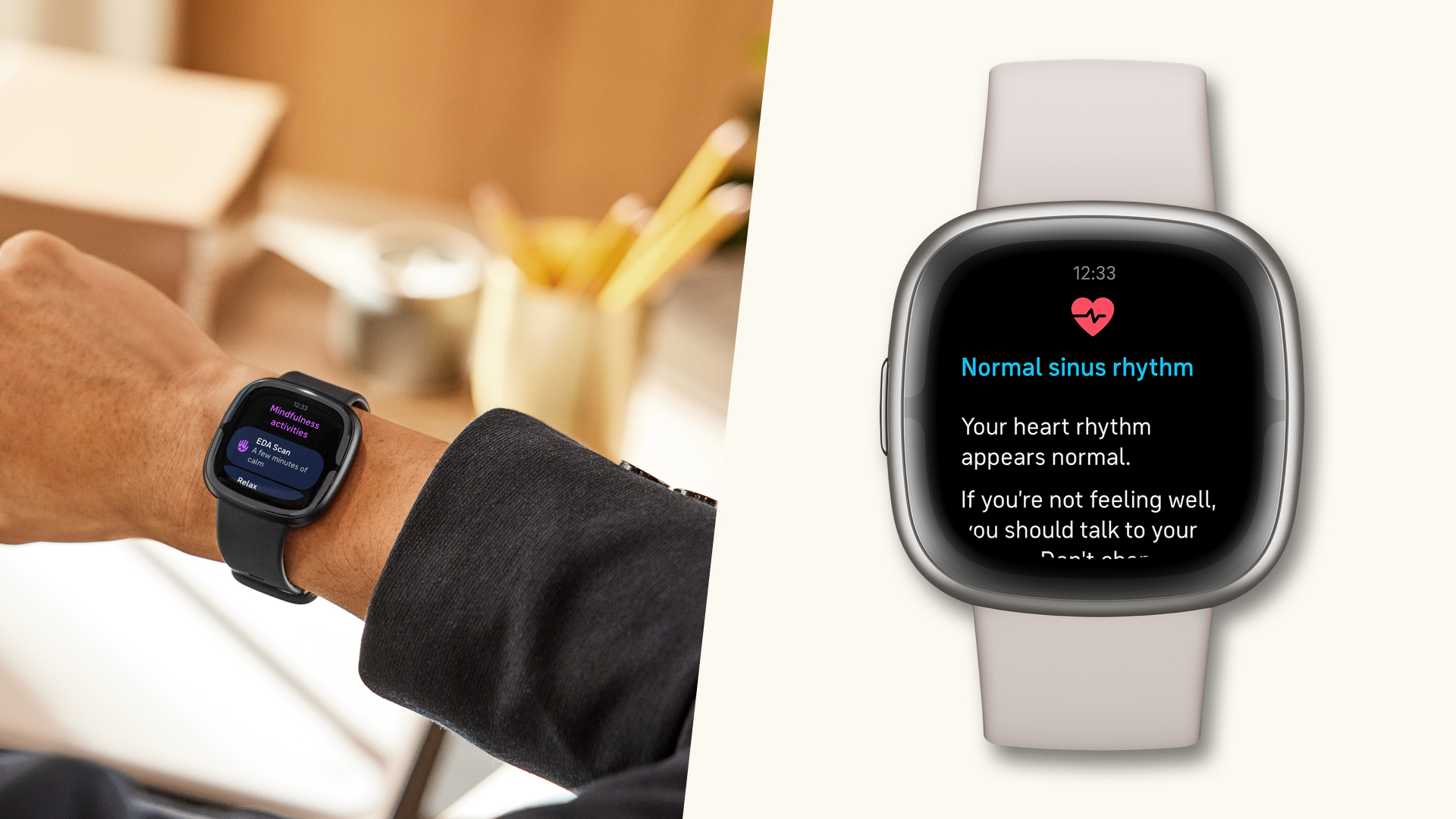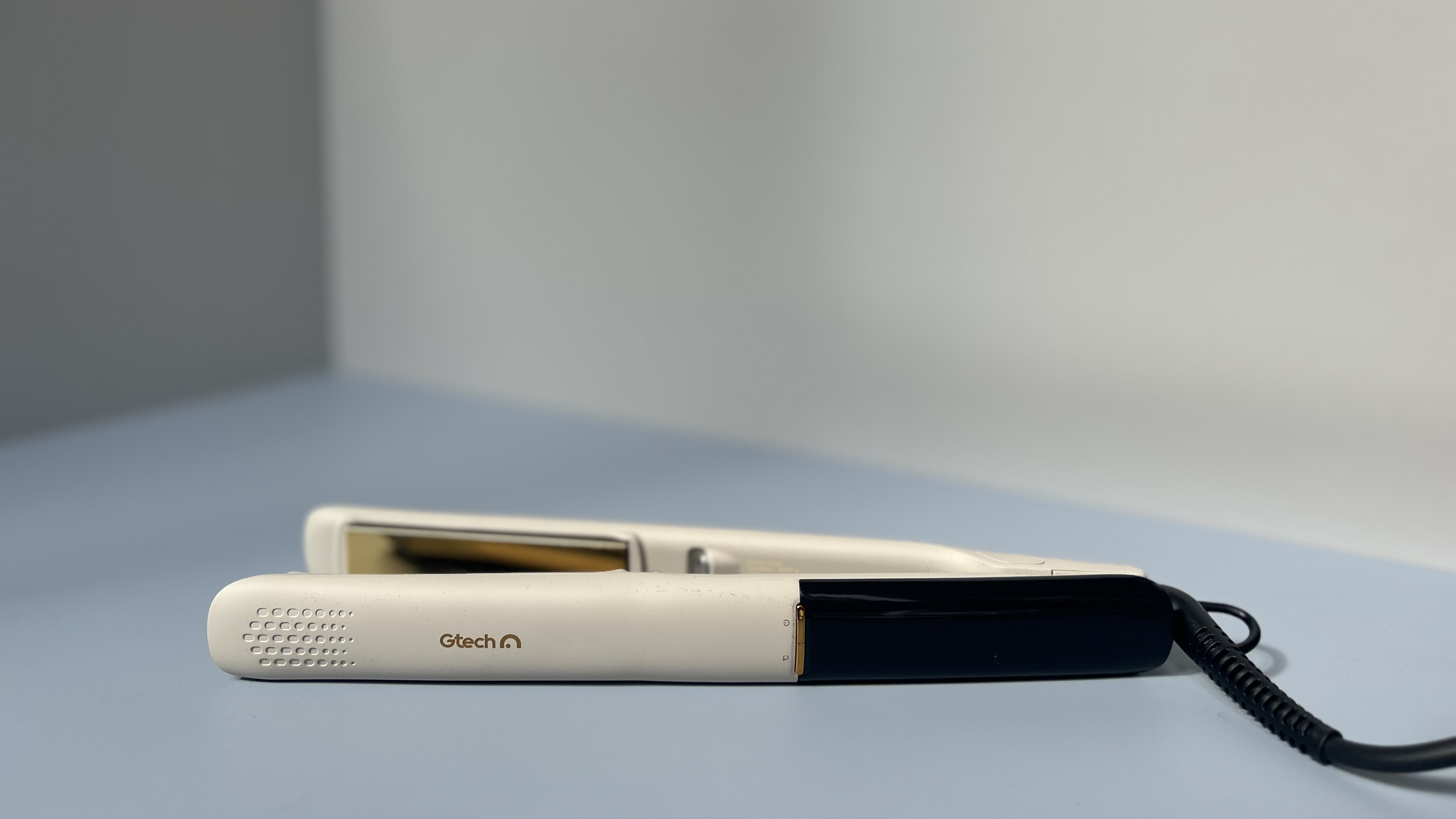

As someone who tried almost every one of the best Fitbits in recent years, I was practically glued to the screen when Google announced the new Pixel Watch. The new watch was built using Fitbit tech and know-how, but from what I could tell from the rumours circulating the internet prior to the launch, the Pixel Watch was supposed to be a more premium smartwatch than the Fitbits. And while that's the case, there is one area where the Pixel Watch sadly can't take on even lesser Fitbits: battery life.
I blame Apple for planting the idea in people's heads that an 18-hour battery life for a smartwatch can be considered 'day-long' – last time I checked, a day was 24 hours. The long-awaited Pixel Watch has an actual day-long battery life, which one might argue is enough, but I'd say the Pixel Watch's battery life is far from long enough to track sleep and fitness properly.
Fitbits might not be the best smartwatches, but they are some of the best fitness trackers around, and I also rate them as sleep trackers – Fitbit's sleep tracking features and algorithm are helpful and accurate. I tested this when I wore a Fitbit to sleep for a month; the results indeed surprised me! And since the Pixel Watch was built using Fitbit technology and know-how, I expect it to be as good at tracking slumber as Fitbits.
The issue is, if you have to charge the Pixel Watch once a day, you won't use it for sleeping because you'll charge it during the night. Sure, the watch has a quick charge function (it takes about 30 minutes to charge it from 0% to 50%), but no one charges their watches twice a day so that they can use it for sleeping. Unless you have an Apple Watch, in which case you have to charge it multiple times so it will not die on your wrist when you sleep.

I appreciate that fast charge enables people to quickly top up the battery of their wearables throughout the day, but not many of us are using this feature deliberately, so we can wear our smartwatches for sleeping. My fiancee, who isn't a runner but loves walking and being out and about, uses the Polar Pacer Pro now, especially because of the week-long battery life. (It's worth mentioning that she used to wear the Polar Ignite 2 and got used to the UI, hence why she gravitates toward Polar watches.)
On the other hand, Fitbits can be used for tracking sleep, not just because they're good at it, but because their batteries last for days, sometimes even a week, so you can wear them all day long, day after day, without needing to charge them. And that's exactly what you need to track health and fitness; continuous health data flowing to the processor of the watch, so it can spot trends and anomalies easier.

Stress tracking on the Fitbit Sense 2 is a good example: the watch can track stress levels via its cEDA sensor, and the more you wear it, the more accurate it gets. By logging sleep and moods, the watch will be able to distinguish what different body responses mean and recommend exercises – both physical and mental – accordingly.
Sign up to the T3 newsletter for smarter living straight to your inbox
Get all the latest news, reviews, deals and buying guides on gorgeous tech, home and active products from the T3 experts
I'm not sure what went wrong with the Pixel Watch's battery life, especially considering that the Sense 2 has a large AMOLED display and a thin, lightweight body; surely, the Pixel Watch should be able to last for longer than 24 hours? As much as I like the concept and the look of the Pixel Watch, I'll stick with Fitbits for the time being; I'm yet to test the Inspire 3 and the Versa 4 anyway...

Matt Kollat is a journalist and content creator who works for T3.com and its magazine counterpart as an Active Editor. His areas of expertise include wearables, drones, fitness equipment, nutrition and outdoor gear. He joined T3 in 2019. His byline appears in several publications, including Techradar and Fit&Well, and more. Matt also collaborated with other content creators (e.g. Garage Gym Reviews) and judged many awards, such as the European Specialist Sports Nutrition Alliance's ESSNawards. When he isn't working out, running or cycling, you'll find him roaming the countryside and trying out new podcasting and content creation equipment.

